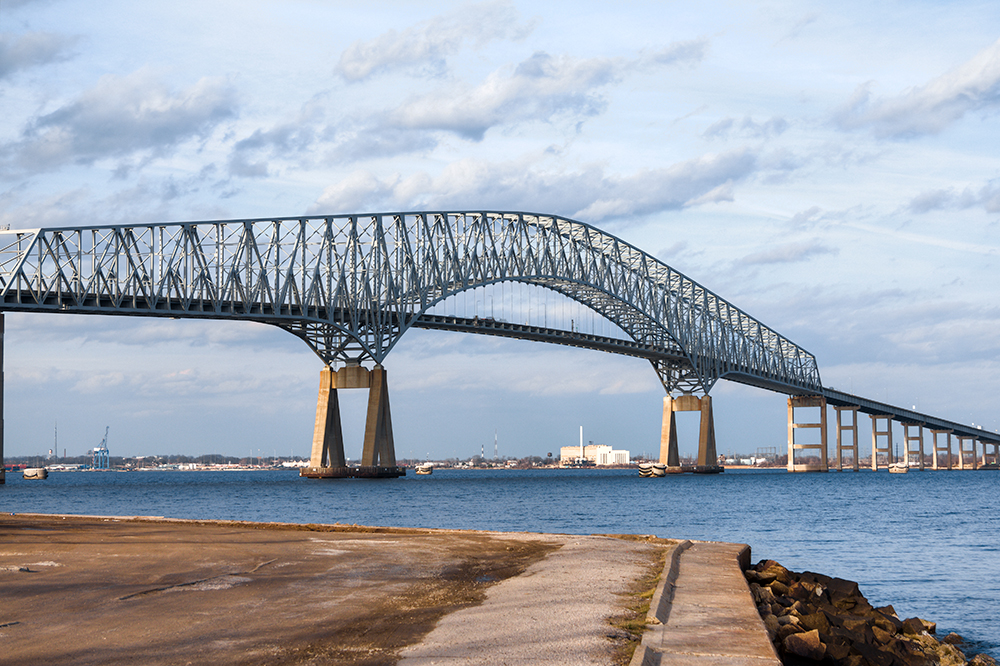Several significant events in the past few weeks have greatly affected supply chains worldwide. Here is our take on what has happened and how we can help clients keep their goods moving.
The Collapse of Baltimore’s Francis Scott Key Bridge
On the morning of March 26, 2024, the cargo ship Dali hit the Francis Scott Key Bridge, causing it to collapse into the Patapsco River. The accident also blocked access to the Port of Baltimore.
According to Fleet Owner magazine, “Nearly 4900 trucks travel the Baltimore bridge each day, with $28 billion in goods crossing every year. Trucks moving hazardous materials will now be subject to roughly 30 miles of detours around the City of Baltimore because they are prohibited from using the city’s tunnels. This will add significant cost in time, fuel, and delays for trucks traveling through the region, on top of the disruption that a closure of the Port of Baltimore will inflict on the economy.”
The Francis Scott Key Bridge carried 12.5 million vehicles in 2023, averaging more than 34,000 daily. A week later, the collapse continued to impact nearby carriers’ operations, leaving local trucks with fewer loads and longer transportation times.
Closing of the Baltimore Port
The bridge collapse has also shut down the Port of Baltimore, the nation’s ninth-largest port by trade volume, the tenth-largest port for dry bulk, and the largest port for roll-on/roll-off cargo. The Port of Baltimore is the top domestic port for cars and a major hub for forest, farm equipment, coal, and sugar products.
The Port of Baltimore employs about 15,000 people and generates $4.7 billion in economic value for Maryland. For global shipping, this comes when shippers are affected by disruptions along the Suez and Panama canals. Analysts predict the loss of maritime traffic will cost $9 million per day.
Shippers will have to divert cargo to other ports. While this will cause delays and add time to trips, other East Coast ports are poised to handle more cargo. Another concern is higher shipping costs for imported cars and trucks, with over 750,000 cars and trucks passing through the port in 2023.
Major Earthquake Hits Taiwan. How Will This Affect the Supply Chain?
The quake has led to significant fears about a slowdown in semiconductor production. Last Wednesday morning’s 7.4-magnitude earthquake was one of the most powerful to affect Taiwan in 25 years. Buildings collapsed, roads were obstructed, and train services were disrupted.
The impact on the supply chain is vast. Taiwan produces 80 to 90% of the high-end semiconductor chips in smartphones and AI devices. Many key suppliers to Apple and Nvidia have suspended operations because semiconductor manufacturing is subject to slight disturbances that can render an entire batch of chips useless.
How Nexterus Can Help
Whether your business or its suppliers use semiconductors, ship via ocean carriers, or transport products through the Baltimore area, your supply chain can be affected by disruptions caused by the Taiwan earthquake, closure of the Baltimore port, or damage to the Francis Scott Key Bridge. These disruptions may impact small and mid-sized businesses if they aren’t prepared.
By optimizing supply chain networks, Nexterus helps companies mitigate disruptions and risks within their supply chains. Supply chain network optimization is a continuous process that continually assesses and refines your supply chain network. Using data from around the network, including demand patterns, facility locations, and capacities, production flows, inventory locations and levels, and transportation requirements, Nexterus creates a mathematical model of your supply chain network.
The model considers constraints, objectives, and decision variables and then uses an optimization algorithm to solve the model. Decisions such as adding or removing facilities, changing sources, adding suppliers, altering transportation modes, using different transportation routes, and adjusting inventory policies can be made based on the outcomes from the mathematical model.
Nexterus has expertise in supply chain network optimization, helping clients create optimal networks that lower transportation costs, improve customer service, and improve efficiencies. Contact Nexterus today if we can help you mitigate disruptions and risks within your supply chain.



